
92.7K
Downloads
254
Episodes
DIA is a global, multidisciplinary, membership association of healthcare professionals that works towards the advancement of lifesaving medicines, therapies, and technologies around the world.
DIA is a global, multidisciplinary, membership association of healthcare professionals that works towards the advancement of lifesaving medicines, therapies, and technologies around the world.
Episodes
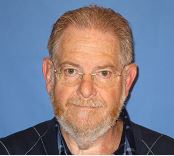
Friday Jun 02, 2017
Progress in Pediatric Therapeutics Bigger Than “Smaller Dose”
Friday Jun 02, 2017
Friday Jun 02, 2017
Developing therapies to meet the needs of children has always featured unique challenges, including and especially clinical trials. But due, at least in part, to the Best Pharmaceuticals for Children Act (BPCA) and Pediatric Research Equity Act (PREA) in the US and the Paediatric Regulation in the EU, much progress has been made. Recap this progress at the DIAmond session Progress in Pediatric Therapeutics, chaired by Dr. Ronald Portman, Executive Director, Pediatric Therapeutic Area for Novartis Pharmaceuticals Corporation, at our DIA 2017 Global Annual Meeting. “As a parent, you want a drug that is being given to your child to have been fully evaluated in the pediatric population – but your initial feeling is, evaluated in somebody else’s child, not mine,” Dr. Portman explains in this exclusive Global Forum podcast. “We as a society have a lot of work to do in educating parents that doing drug development through research is actually very beneficial to their child, and not only their child but children in the future. ” Register for our DIA 2017 Global Annual Meeting in Chicago!
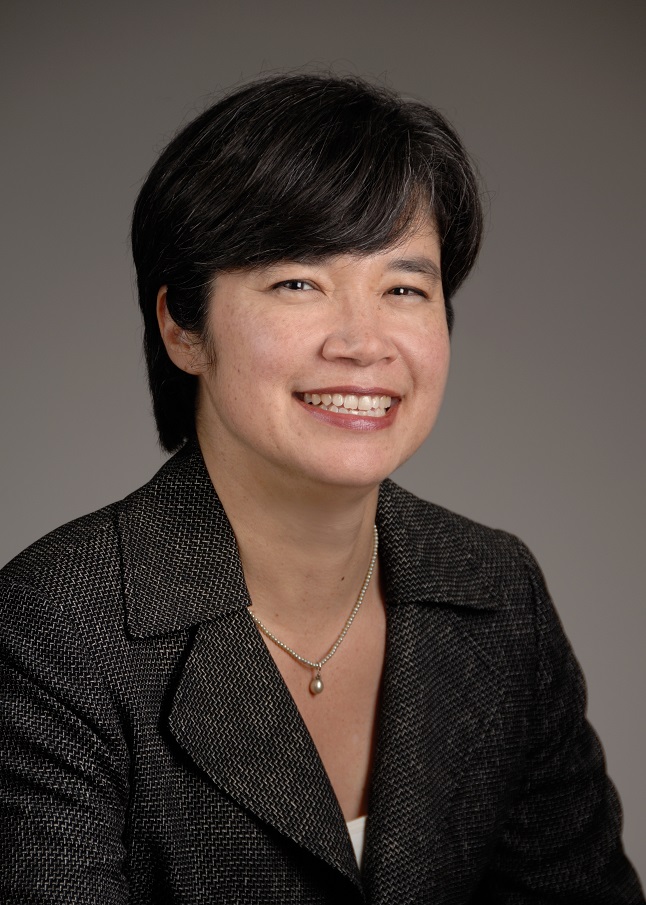
Thursday May 25, 2017
Is Drug Repurposing Really As Promising As It Seems?
Thursday May 25, 2017
Thursday May 25, 2017
Dr. Christine Colvis, Director of Drug Development Partnership Programs for the National Center for Advancing Translational Sciences (NCATS) at the US National Institutes of Health, leads the Center’s Discovering New Therapeutic Uses for Existing Molecules program, and will share her expertise at the DIAmond session Drug Repurposing: Where Will It Take Us? at our DIA 2017 Global Annual Meeting. “The academic community has really, really embraced this. As you can imagine, having the opportunity to potentially in your own lifetime (especially for preclinical researchers) have your research have an impact on health is almost a dream come true,” Dr. Colvis explains in this exclusive Global Forum podcast. “Most academic researchers are not simply going through an academic exercise; they really do want to have an impact on health and disease, and we’ve had such positive responses.” Register for our DIA 2017 Global Annual Meeting in Chicago!
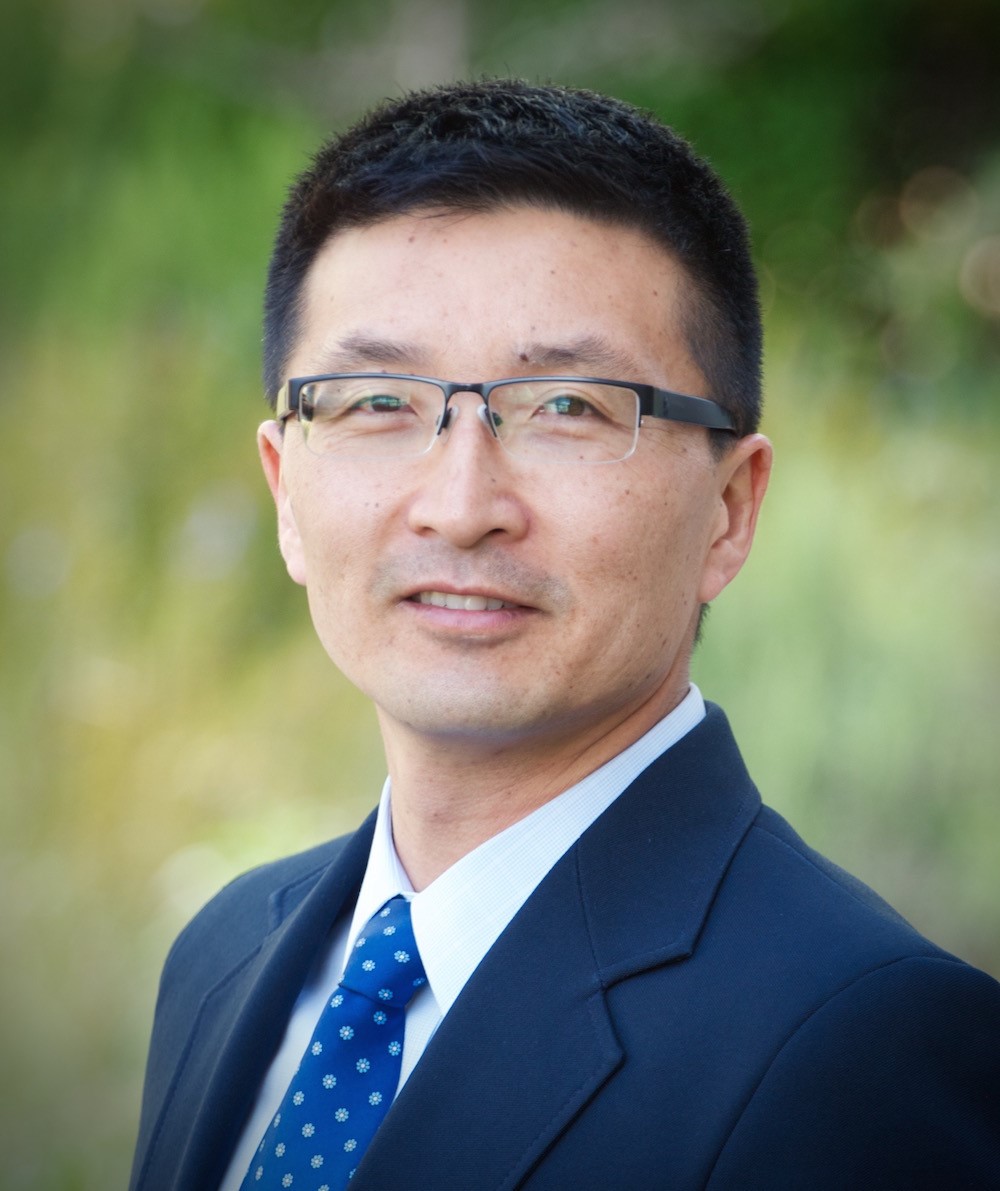
Wednesday May 24, 2017
More Than Socially Fair or Economically Just – It’s Better Science
Wednesday May 24, 2017
Wednesday May 24, 2017
Who determines what constitutes a representative, appropriately diverse population for a clinical trial – and how? In this exclusive Global Forum podcast, Dr. Sam Oh, Director of Epidemiology, Asthma Collaboratory at the University of California San Francisco School of Medicine, previews the DIAmond session Does Diversity Matter in Clinical Trials? which he will help lead at our DIA 2017 Global Annual Meeting. “From 1993 to 2013, we found that less than five percent of NIH-funded studies of respiratory diseases included populations of non-European descent,” he explains. “If only two percent of cancer clinical trials and less than five percent of pulmonary studies have studied enough minorities to provide useful information, we’re missing half of the scientific pie; from an economic and fairness perspective, a growing proportion of Americans are not fully benefitting from the medical and scientific discoveries that they are funding through their tax dollars.” Register to attend our DIA 2017 Global Annual Meeting in Chicago or our Clinical & Regulatory Operational Excellence Forum in Europe.
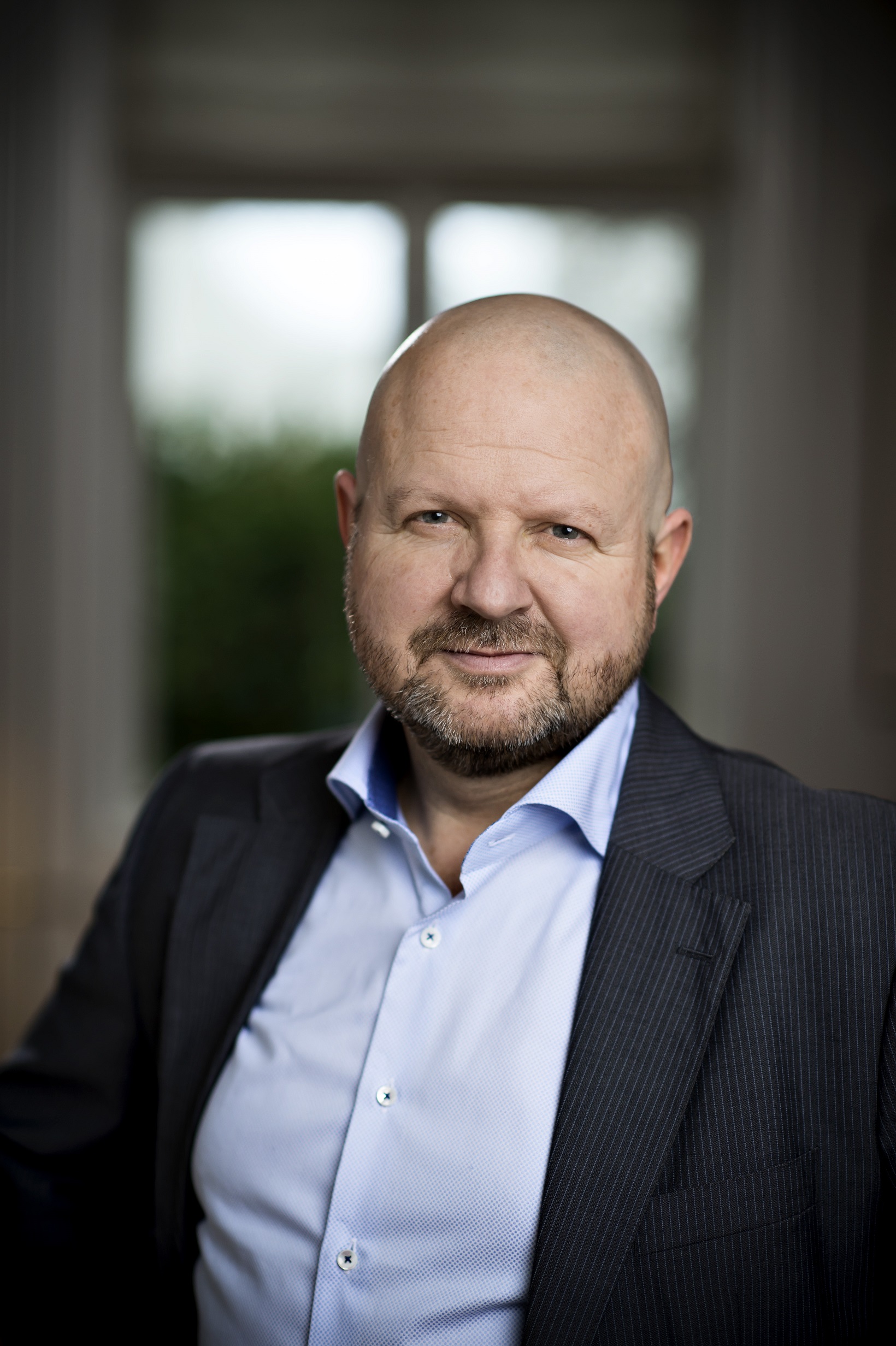
Wednesday May 24, 2017
New China-Denmark Food & Drug Regulatory Cooperation Centre
Wednesday May 24, 2017
Wednesday May 24, 2017
The European Regulatory Town Hall Meeting convened against a compelling backdrop – including the official adoption of new medical device and in vitro diagnostic device regulations in Europe, Brexit, and uncertainty surrounding the future and future location of the European Medicines Agency – at our DIA EuroMeeting 2017. In this exclusive Global Forum podcast, Dr. Thomas Senderovitz, Director General of the Danish Medicines Agency and one of our European Regulatory Town Hall panelists, discusses the importance of multi-stakeholder collaboration in drug development and regulation, and introduces the new China-Denmark Food & Drug Regulatory Cooperation Centre. “It’s the largest operation of its kind that the Chinese FDA has ever signed, and we’re the first country in the world to go into this type of collaboration,” he explains. “Within this framework, we’re going to exchange best practices, telephone conferences, seminars, and staff exchanges for shorter or longer durations of time in areas such as licensing, inspection, medical devices, procedures, guidelines, etc.” To learn more, attend sessions in the Regulatory Track at our DIA 2017 Global Annual Meeting.
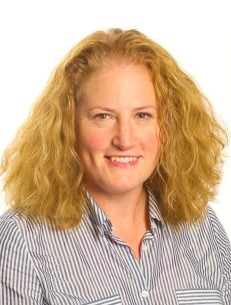
Thursday May 18, 2017
ABPI Sees Brexit as One Game of Two Halves
Thursday May 18, 2017
Thursday May 18, 2017
On March 29, 2017, British Prime Minister Theresa May triggered Article 50 of the Treaty of Lisbon, providing formal notice to the European Union of the UK's intention to leave the EU. In this exclusive Global Forum podcast, Dr. Virginia Acha, Executive Director for Research, Medical and Innovation, for the Association of the British Pharmaceutical Industry, discusses the opportunities and challenges as well as the public health, operational and other aspects of what is now known as “Brexit.” “This is going to be a game in two halves. The next two years is about understanding the withdrawal agreement, how we intend to leave the European Union, and then, specifically following from that, an idea of what our new relationship will be,” she explains. “Where does the UK fit within the wider scheme of things? Up until now, the definition of the UK has been its contribution as part of the European Union – a much bigger market, a much bigger patient population, a much bigger research region. Now, as it sets out on its own, it’s incumbent on the UK to set out its stall of what it wants to be as a life sciences country in the world.” Learn more about Brexit and other global regulatory challenges through the Regulatory Track at our DIA 2017 Global Annual Meeting.
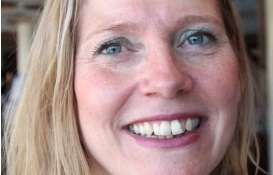
Friday May 12, 2017
Europe’s IMI Helps Drive New R&D and Access Models
Friday May 12, 2017
Friday May 12, 2017
At DIA’s first BioVenture Day in Europe, Dr. Wija Oortwijn, a founding Member of the International Society for Health Technology Assessments and Sector Leader for Health and Partner of Ecorys, delivered the presentation Links Between Pharmaceutical R&D Models and Access to Affordable Medicines, which highlighted a year-long study on access to affordable medicines conducted on behalf of the European Parliament Committee on Environment, Public Health and Food Safety. “We concluded that a health care system can only be truly effective if full information on the effectiveness and cost-effectiveness of each medicine is available,” explains Dr. Oortwijn in this exclusive Global Forum podcast. “Processes to optimize available budgets to pay for innovative but also effective new medicines need to be in place, and health technology assessment should be enabled to collect information that is valuable for all stakeholders – including the public.” Learn more about these topics at our Value & Regulatory Strategy Workshop in Europe.
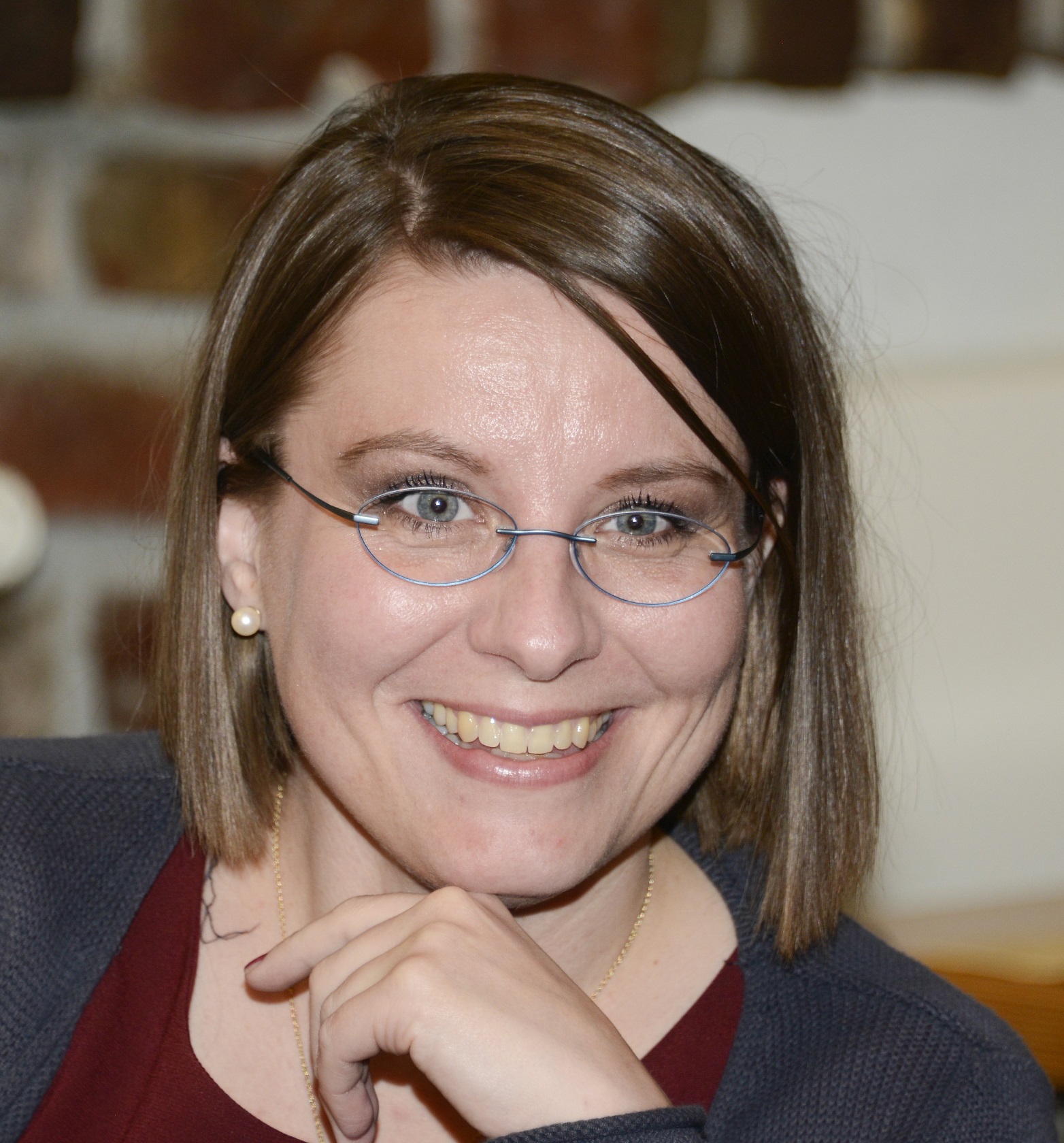
Friday May 12, 2017
Lack of Access Can Lock Patients in “Disease of Despair”
Friday May 12, 2017
Friday May 12, 2017
Founder of the Melanoma Patient Network Europe (MPNE), Dr. Bettina Ryll contributed the patient perspective to the session Immuno-Oncology: Therapeutic Breakthrough Area or Nightmare for Health Care Funding at DIA’s first BioVenture Day in Europe. In this exclusive Global Forum podcast, Dr. Ryll shares the challenges to patient-centric drug development and patient access to those drugs in Europe. “Melanoma as a disease has completely changed. We’ve moved from one with no hope, a disease full of despair where patients had a median survival of six to nine months after being diagnosed, to one where all of a sudden we have survivors and we’re discussing the possibility of a cure!” she explains. “This is how we as the MPNE got interested in the process of innovation: How do we get to these new therapies? Now, in the next step, how do we actually make them accessible for our patients? Because a drug that is just sitting on a shelf that we cannot access is as good as non-existent for patients.” Learn more by attending Challenges and Issues in Early-Phase Oncology Trials, Evolution of Novel Registration Endpoints as Diseases Become Chronic and other sessions at our DIA 2017 Global Annual Meeting.
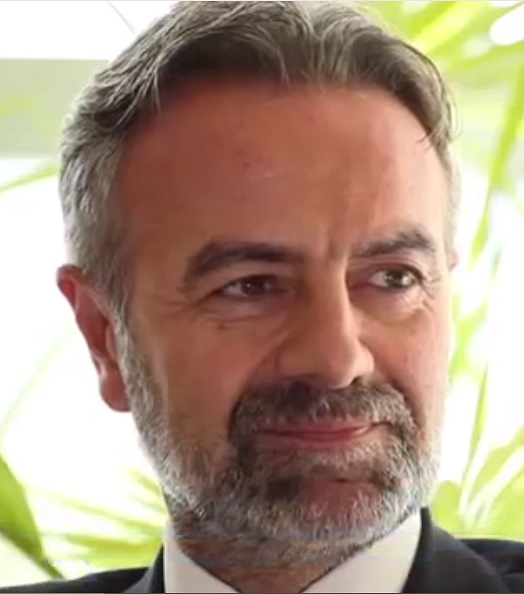
Friday May 12, 2017
Can We “Pay for Results” to Sustain Innovation?
Friday May 12, 2017
Friday May 12, 2017
Dr. Luca Pani, a current Member of the European Medicine Agency’s Committee for Human Medicine Products and Scientific Advice Working Party, served as Director General of the Italian Medicines Agency from 2011 to 2016. Dr. Pani has published the eBook Sustainable Innovation: Medicines and the Challenges for the Future of Our National Health System and delivered a presentation titled Health System Financing and Reimbursement of Innovation: Is Parallel Micro-Innovation Overburdening the Health Care System? at DIA’s first BioVenture Day in Europe. “What is the good of a drug that is absolutely life-saving but cannot be sustained? Zero!” he suggests in this exclusive DIA Global Forum podcast. Dr. Pani will Co-Chair our 30th Anniversary EuroMeeting 2018 in Basel, Switzerland; learn more about these topics at our Value & Regulatory Strategy Workshop in Europe.
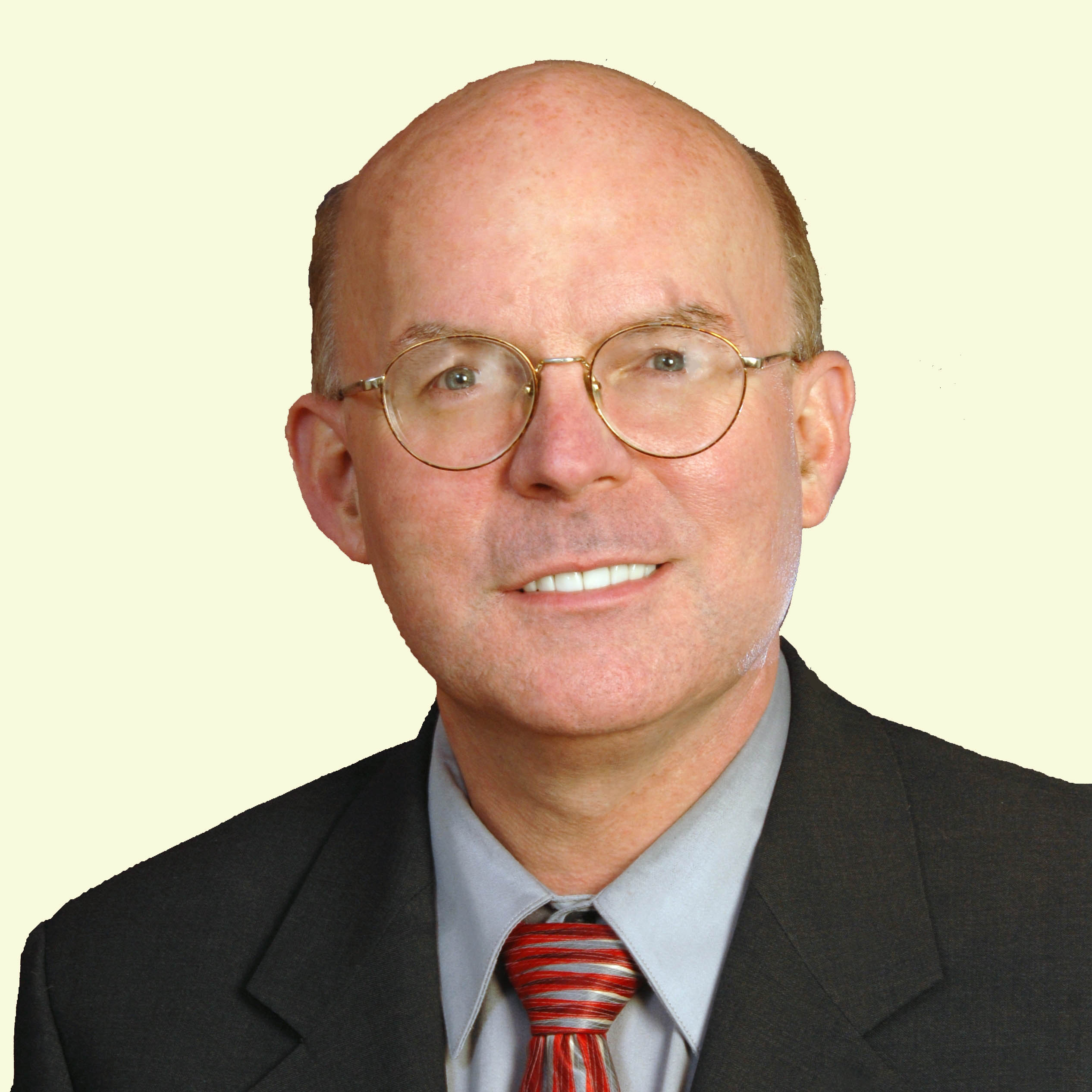
Thursday May 11, 2017
Uncertainty is Certain: Pandemic Vaccine Preparedness
Thursday May 11, 2017
Thursday May 11, 2017
The Bill and Melinda Gates Foundation estimates that neglected tropical diseases affect one billion people worldwide, and that these diseases have the greatest impact on the most vulnerable patient communities. At our DIA EuroMeeting 2017, Dr. Murray Lumpkin, Deputy Director, Integrated Development; and Lead for Global Regulatory Systems Initiatives at the Gates Foundation, chaired the session titled Vaccine Pandemic Preparedness: New Approaches, and joins this exclusive Global Forum podcast to discuss regulatory and caregiver responses to pandemics, and a new collaboration between The Coalition for Epidemic Preparedness Innovations and the World Health Organization. “Uncertainty as to what the pandemic will be adds a real complication and a real challenge as you look to putting together systems in place to meet the outbreak. Likewise, you don’t know where the outbreak is going to be,” he explains. “This uncertainty as to where the outbreak is going to occur and what the outbreak is going to be caused by really puts a level of challenge forward.” To learn more about these topics, plan to attend Designing & Implementing a Robust Pharmacovigilance System for Vaccines or Update from CBER: Advancing the Development of Complex Biologic Products at our DIA 2017 Global Annual Meeting.
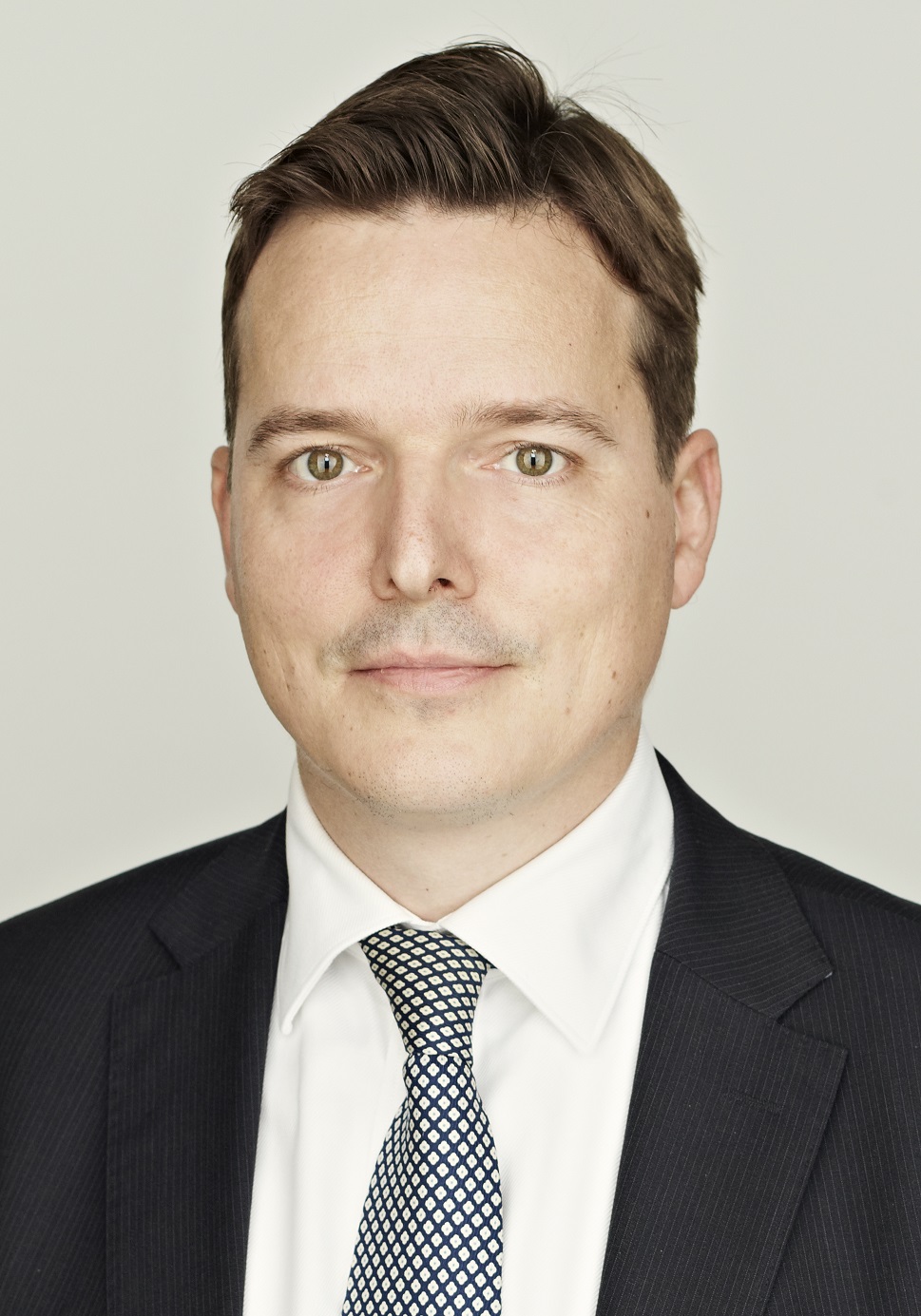
Monday May 08, 2017
Where and How to Bridge the EU Biotech Funding Gap
Monday May 08, 2017
Monday May 08, 2017
How and where do venture capital organizations fit into the scientific research community and biotechnology business community in Europe? A Partner in the investment firm Life Science Partners, Dr. Joep Muijrers participated in the panel discussion on Innovative Funding Models which focused on innovative cures at DIA’s first BioVenture Day, presented March 2017 in Glasgow. “You reach a certain critical mass but you need more cash to take that over the hill to become a clinical company with a couple of products in clinical development – there’s a huge gap there. And it’s not only for private companies, it is also the case for earlier stage public companies in Europe,” Dr. Muijrers explains in this exclusive Global Forum podcast. “I would be a strong advocate of additional funding being made available – for example, by the European Union – to bridge that gap, which is very apparent.” Learn more about these topics at our Value & Regulatory Strategy Workshop in Europe.
